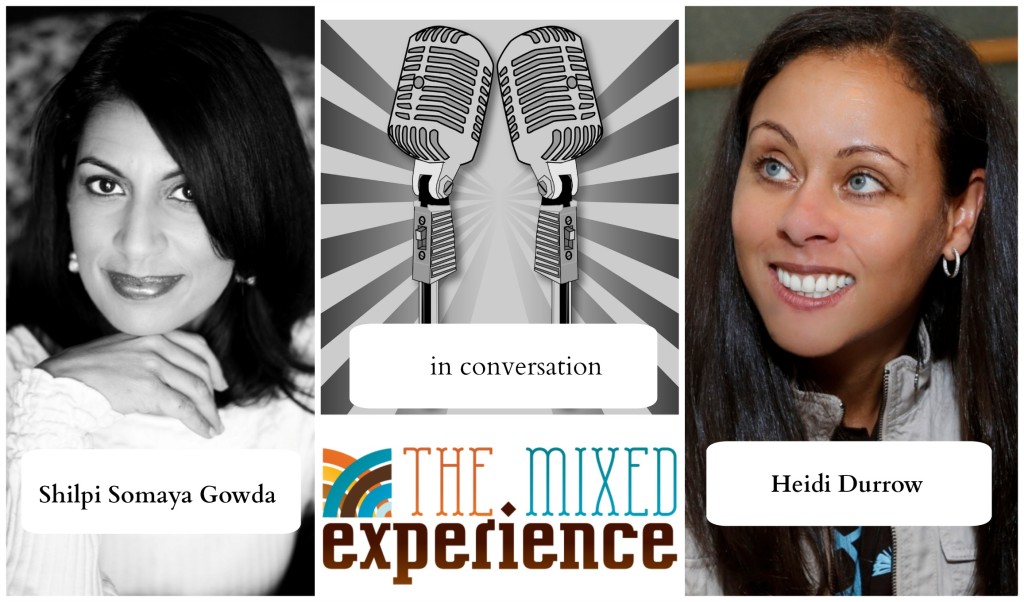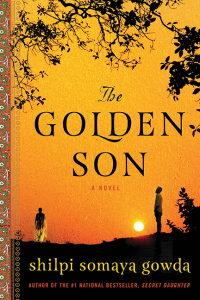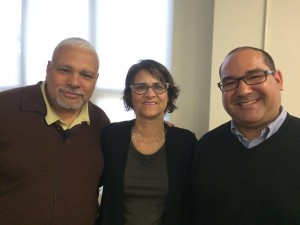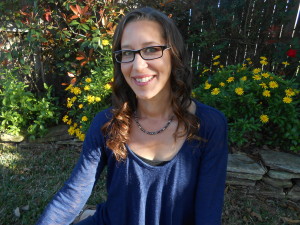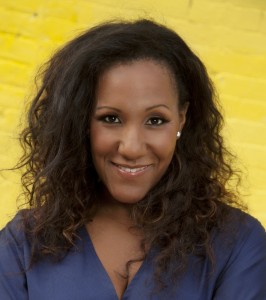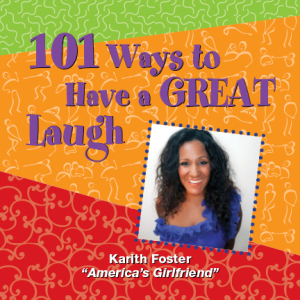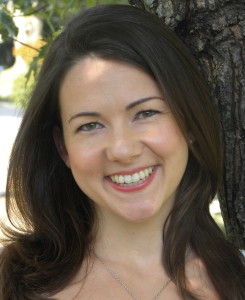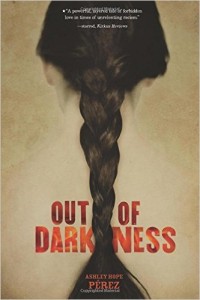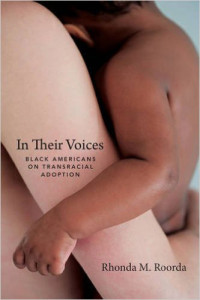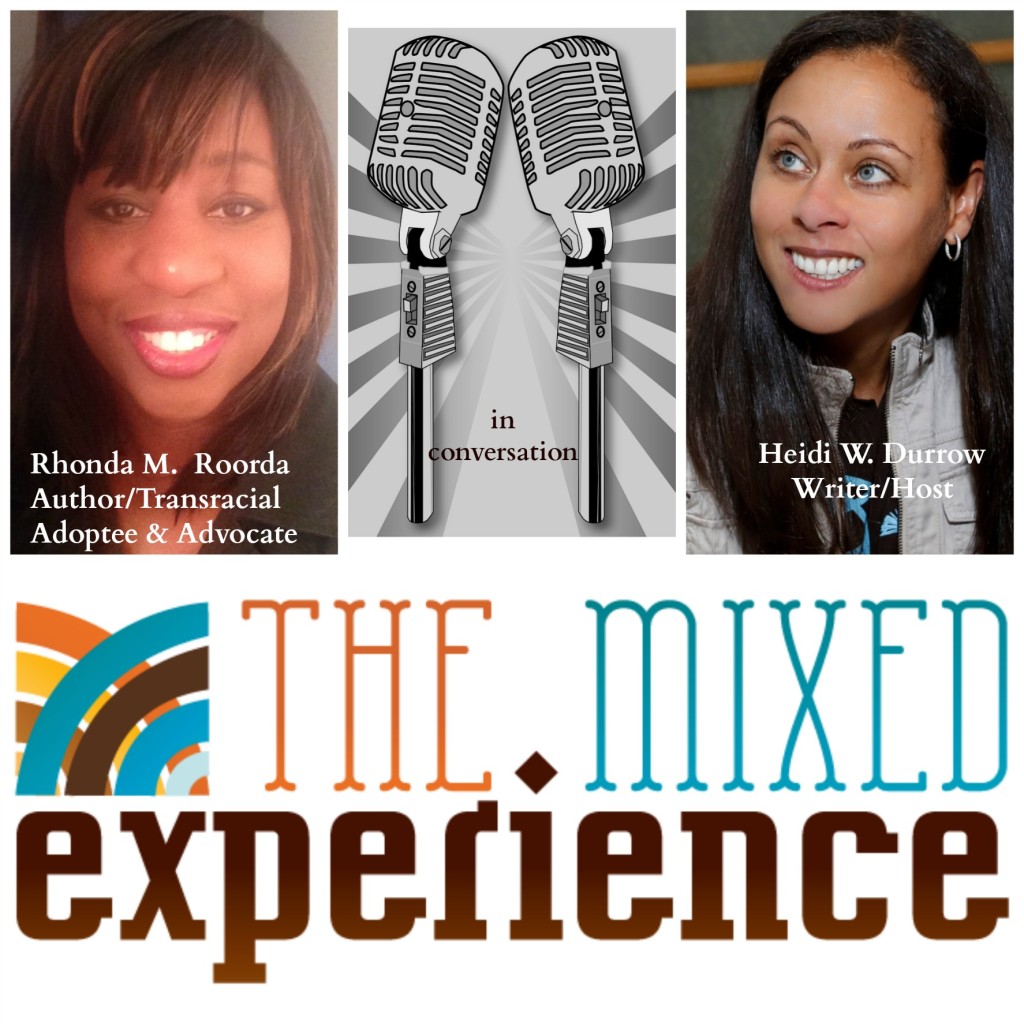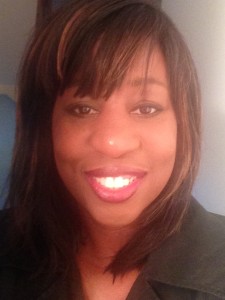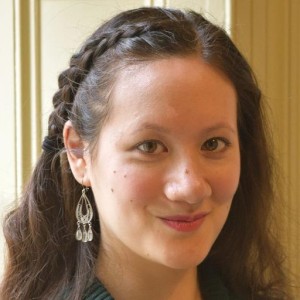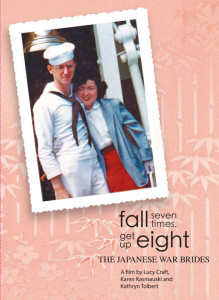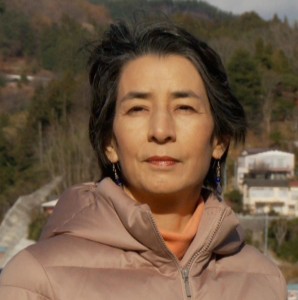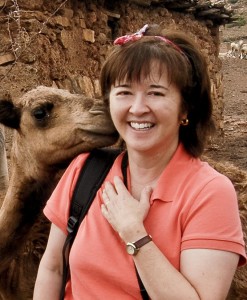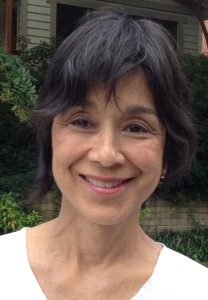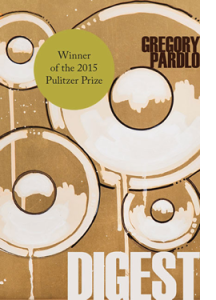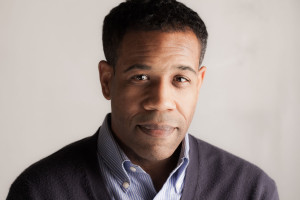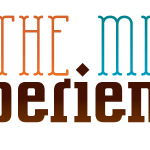RECORDED 2/1/16 5PM: I was excited to speak with best-selling author Shilpi Somaya Gowda. She’s making a big splash with her second book, The Golden Son just published. Listen in to the interview here and learn about the inspiration for her second book and her journey as a writer or download the episode from itunes.-Heidi Durrow
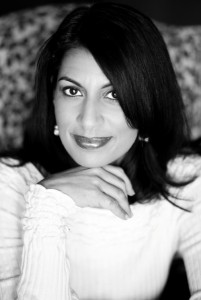 Shilpi Somaya Gowda was born and raised in Toronto, Canada. In college, she spent a summer as a volunteer in an Indian orphanage, which seeded the idea for her first novel, Secret Daughter, published in 2010. It became an international bestseller, selling over 1 million copies worldwide, and has been translated into 24 languages. Her second novel, The Golden Son, is being published in late 2015-early 2016 around the world. Shilpi holds an MBA from Stanford University, and a Bachelor’s Degree in Economics from the University of North Carolina at Chapel Hill, where she was a Morehead-Cain scholar. She has served on the Advisory Board of the Children’s Defense Fund, and is a Patron of Childhaven International, the organization for which she volunteered in India. She lives in California with her husband and children.
Shilpi Somaya Gowda was born and raised in Toronto, Canada. In college, she spent a summer as a volunteer in an Indian orphanage, which seeded the idea for her first novel, Secret Daughter, published in 2010. It became an international bestseller, selling over 1 million copies worldwide, and has been translated into 24 languages. Her second novel, The Golden Son, is being published in late 2015-early 2016 around the world. Shilpi holds an MBA from Stanford University, and a Bachelor’s Degree in Economics from the University of North Carolina at Chapel Hill, where she was a Morehead-Cain scholar. She has served on the Advisory Board of the Children’s Defense Fund, and is a Patron of Childhaven International, the organization for which she volunteered in India. She lives in California with her husband and children.
